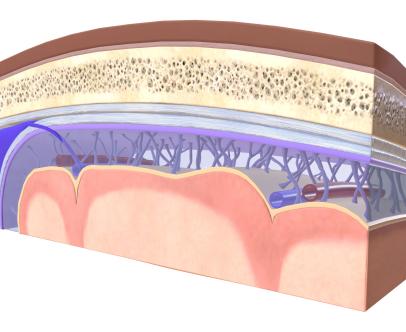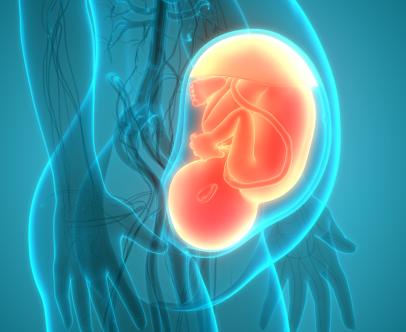
Meningeal Immunity in Alzheimer’s Disease and Aging
Immune B cells are a part of the adaptive immune system and have a variety of functions in the body, from antibody secretion to antigen presentation for activation of other immune cells. Throughout their development, B cells go through stations in the body starting in the Read more

Does immune dysregulation affect cognition in Down Syndrome?
Down syndrome (DS) is the most prevalent aneuploidy resulting from the triplication of human chromosome 21. Among the currently known genetic syndromes, DS represents the one most frequently associated with immune dysregulation. A reduction in B cell numbers has been reported in DS and it was Read more

Why does pregnancy with a Down Syndrome fetus promote maternal Alzheimer’s Disease?
Down Syndrome (DS), which results from a trisomy of chromosome 21 (Hsa21), is the most prevalent genetic cause of intellectual disability worldwide. Some Hsa21 genes are mechanistically involved in Alzheimer's disease (AD) pathogenesis, including the amyloid precursor protein (APP), which is Read more

Preventing maternal cognitive decline in mother to Down syndrome children using vaccines
The increase in maternal age worldwide, a known risk factor for a Down syndrome (DS) pregnancy, along with the persistent prevakence of DS in the world population, stresses the need to address any potential mechanistic link between pregnancy with DS fetus and maternal late-onset Alzheimer's disease (LOAD) Read more

Feto-maternal transfer of Extracellular Vesicles (EVs) as mediators of maternal cognitive decline
As part of our effort to understand the causes for maternal cognitive decline in mothers that had pregnancy with Down syndromed fetus, we study the identity and routes of feto-maternal transfer. One such potential route is the feto-maternal transfer of fetal Extracellular Vesicles (EVs) Read more
